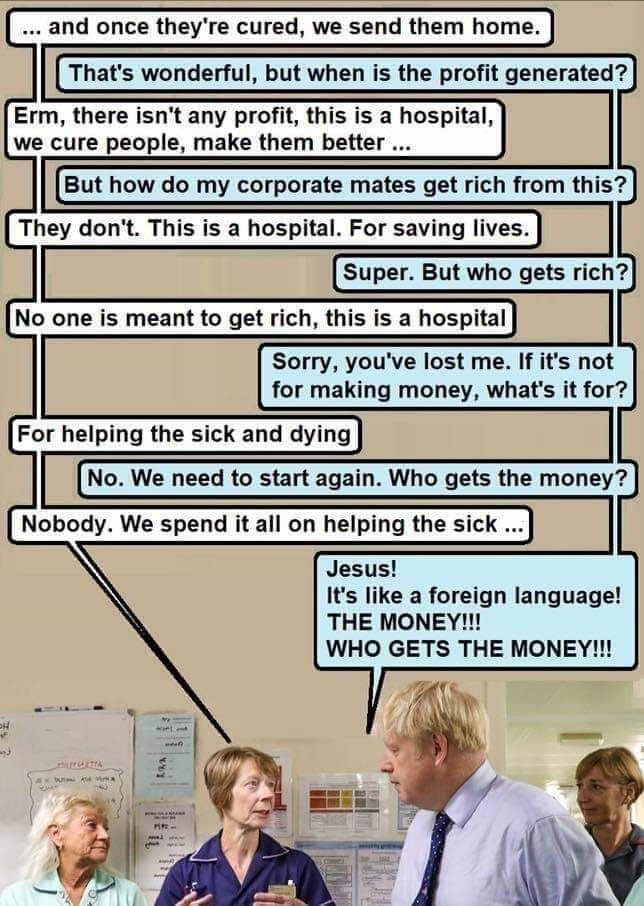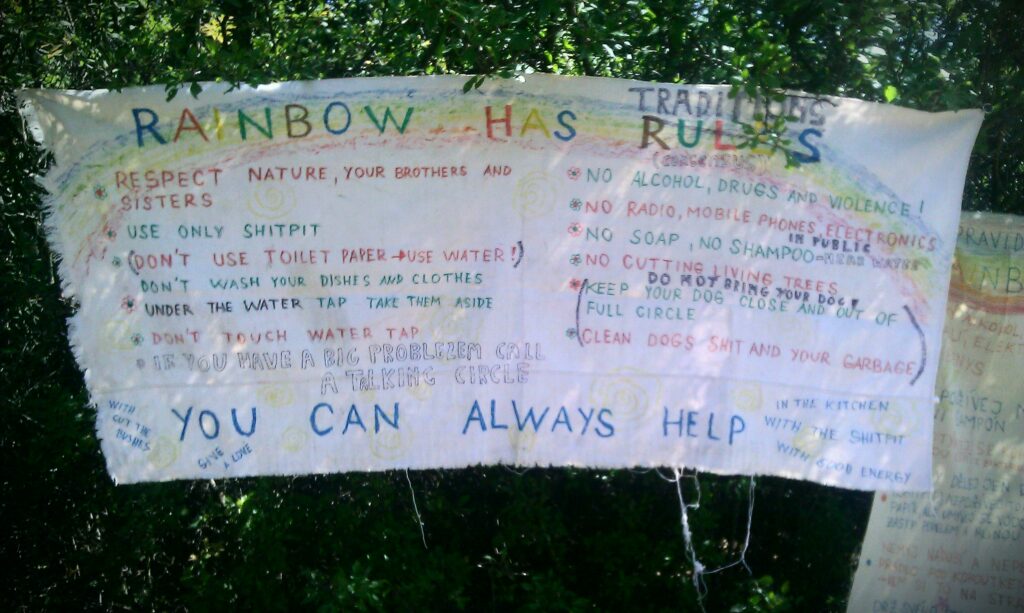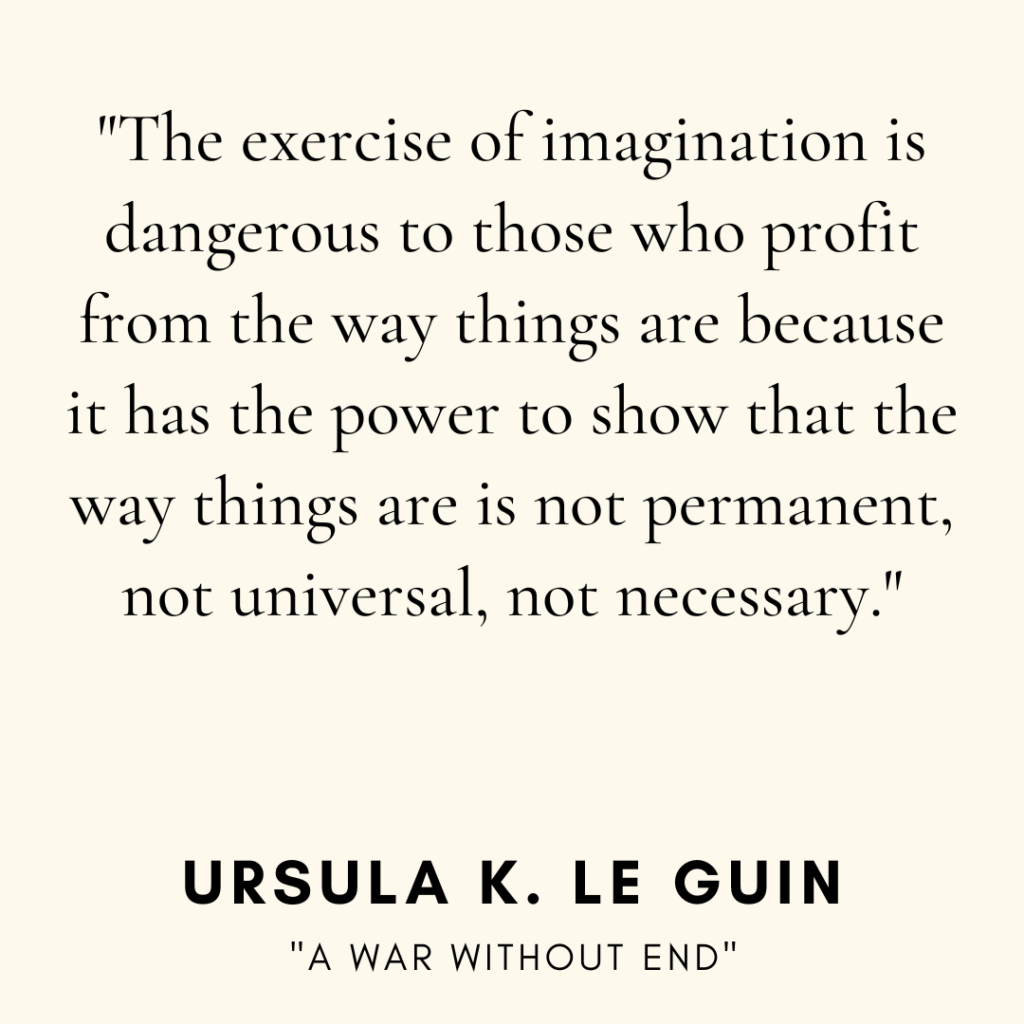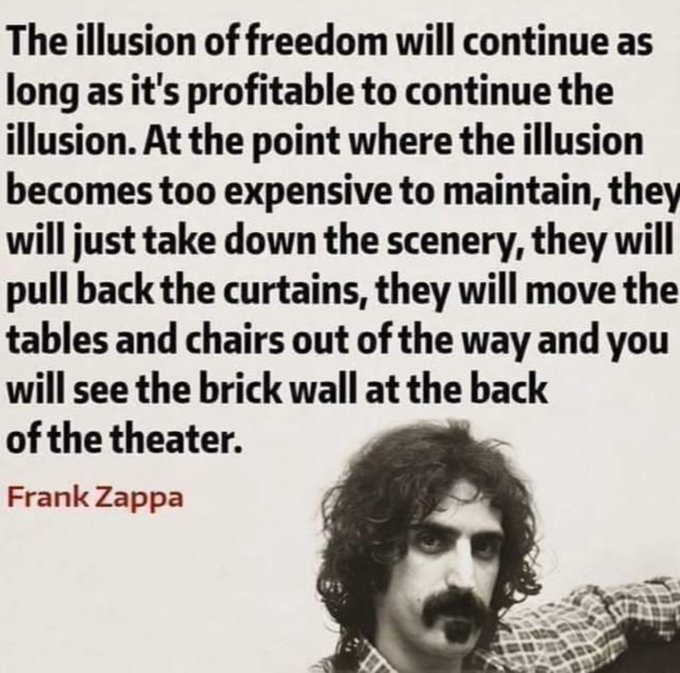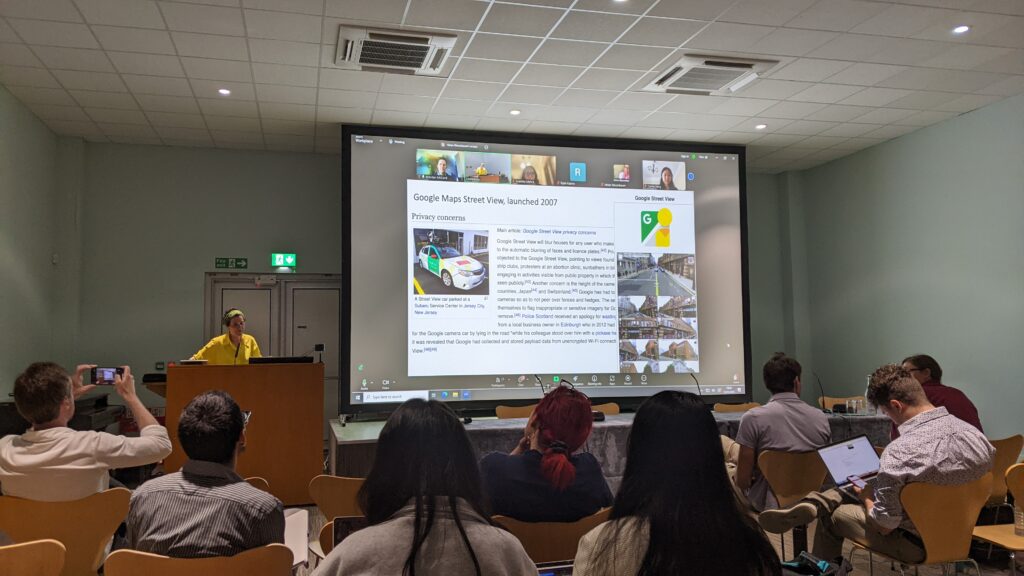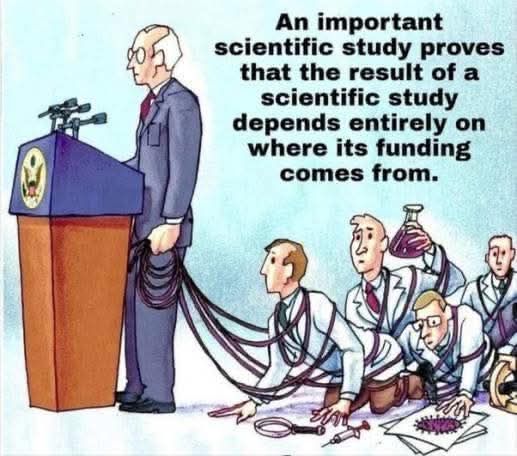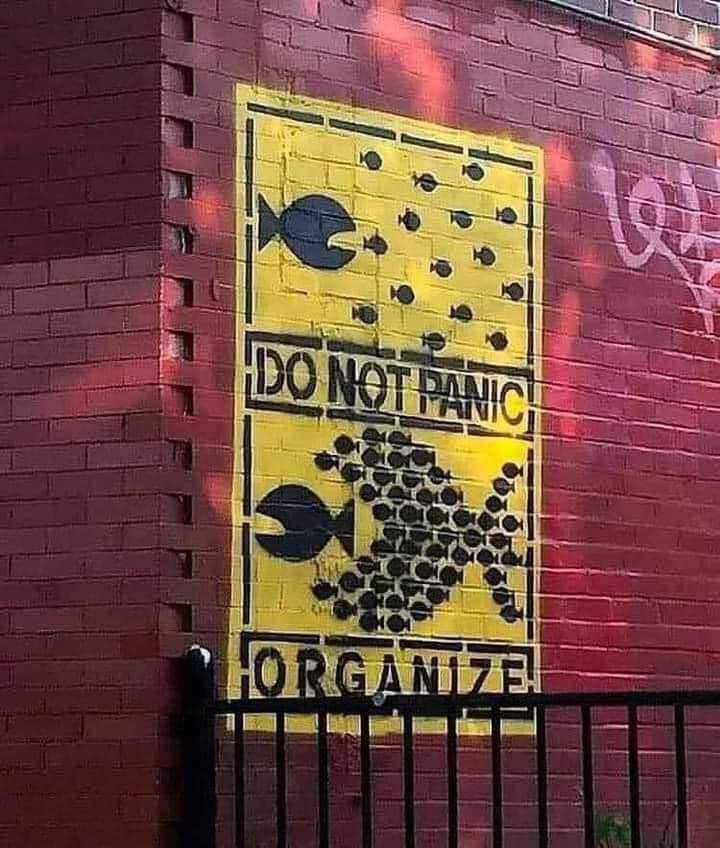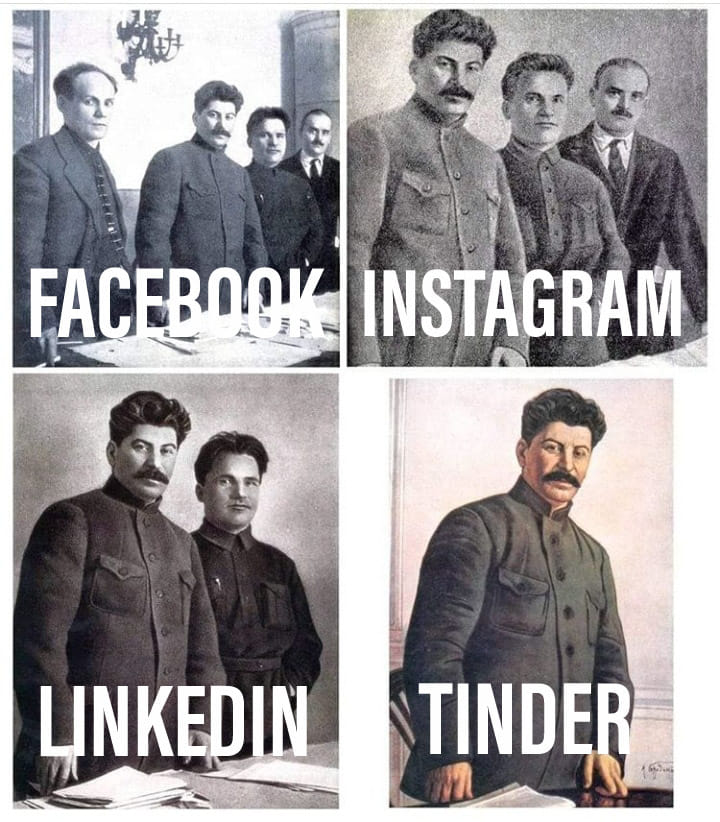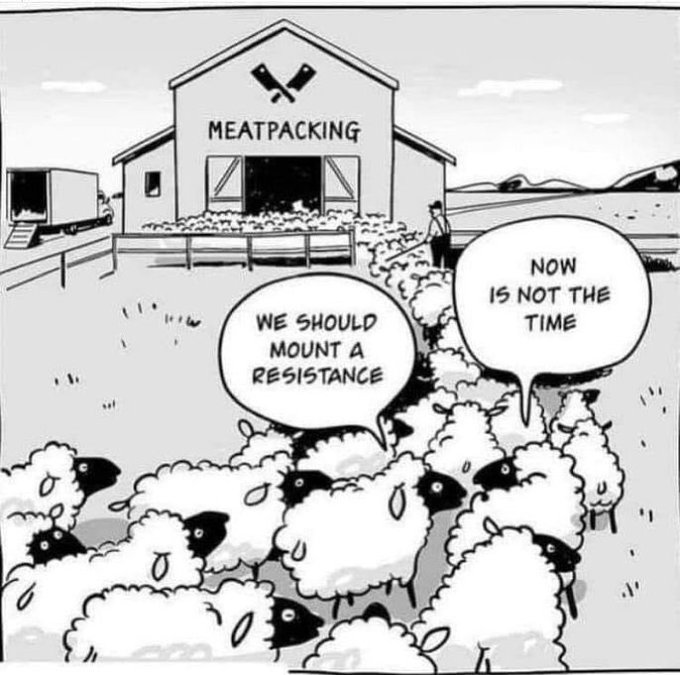For roughly 200 years, we’ve lived inside – and many of us under – a single system: global capitalism. In this system, value is not measured by care, connection, or collective wellbeing, but by market logic, if something cannot be priced, scaled, or exploited within that logic, it is treated as waste. This has a brutal consequence, that, if you do not actively value alternatives, you will “accidentally” destroy them. This applies to technology, culture, nature, and community alike.

In tech, this shows up as misplaced value. People keep using #mainstreaming tools – the platforms and apps of the #dotcons – not because they’re good, but because they’re easy, familiar, and socially reinforced, its habit masquerades as neutrality. But this behaviour actively erodes the alternatives we’ve built, draining energy from projects like #visionontv, #OMN, #OGB, and #indymediaback. It recentralises power, breaks human-scale governance, and reinforces #stupidindividualism.
This is where the balance between social change and technological change becomes critical. Social change without technology stalls. Technological change without social grounding fails, or worse, causes harm. The #OMN projects, and especially the #OGB, exist to bridge this gap.
The #OGB isn’t dogmatic, no single ideology owns it. That’s its strength, it’s a balanced framework that many groups could accept – if a committed few would actually implement it. But implementation is hard, because we’re surrounded by BLOCKING. #BLOCKING and the #deathcult are everywhere, including inside us. We all block, liberals block radical alternatives, dogmatists block flexible, balanced ones. Most people block anything that complicates their worldview or demands responsibility.
After forty years of #neoliberalism, this #deathcult logic has soaked deep into us. It fuels a vicious cycle of #stupidindividualism. Without community ownership and shared vision, our tools rot. Projects collapse into power struggles. People retreat into passivity or purity spirals. “Personal freedom” becomes a hollow slogan that accelerates collective collapse.
The loop looks like this: Individualism → Disconnection → Destruction → Fear → More individualism. Breaking this loop is messy. It has to be messy. That’s why we must reclaim ownership of our #openweb infrastructure. We need democratic instincts, not polished #PR, not market-driven clarity. We need to take the #KISS path – Keep It Simple, Stupid – precisely because simplicity is the hardest thing to sustain in a world of endless distraction.
And yes, this involves you, many people are passive, disengaged, even stupid, not because they’re bad, but because the system rewards disinterest and punishes care. Many can’t even see the problem because they’re fully submerged in it. That’s the real trap, is the invisible #BLOCK.
That’s what #OMN and #OGB are trying to push through. So yes, I’m pointing the finger at you. But I’m also inviting you: to build, to grow, to compost the myths we’ve been fed and cultivate something more real, more collective, more human #KISS
#Neoliberalism is in everything we look at, everything we touch. We should feel distaste when we see it, and revulsion when we handle it. That discomfort matters. Without it, nothing changes.
This may get unpleasant.
It probably needs to.

